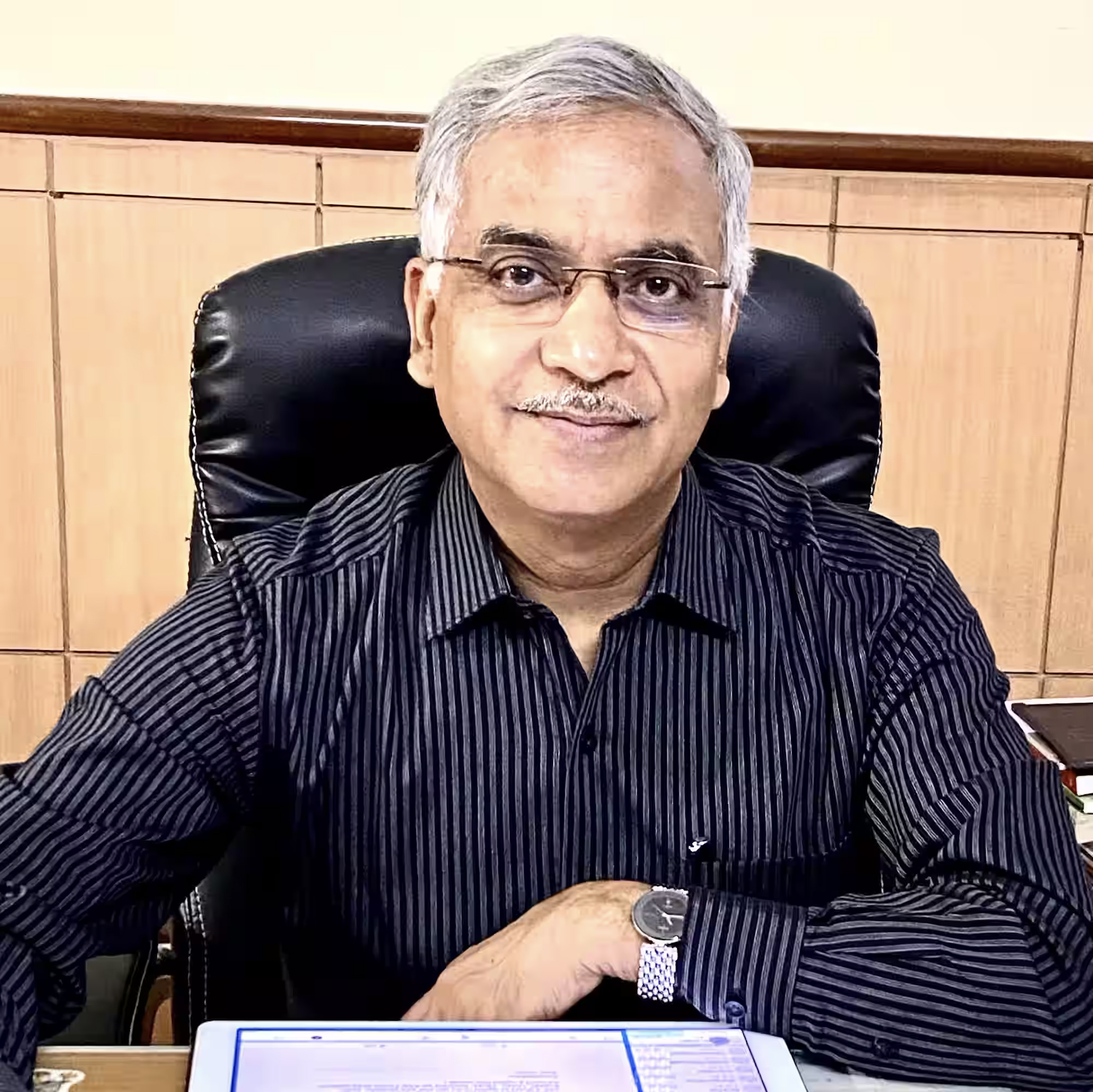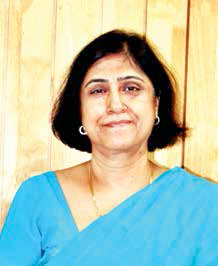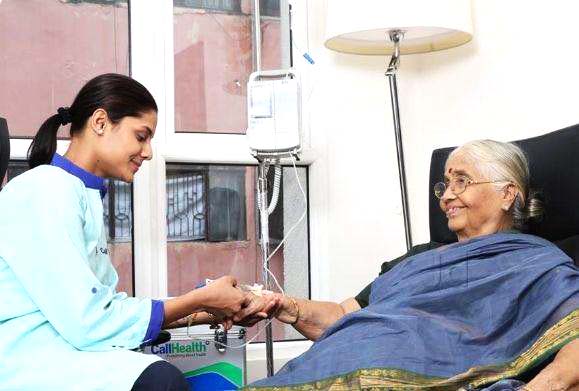Elevating Maternal Health
With a focus on enhancing nursing education and leadership, the nation is strategically investing in nurses and midwives. This comprehensive initiative, aligned with global standards, not only addresses healthcare gaps but also promises a dignified and respectful experience for women and newborns…
By Dr Suneela Garg/Dr Arvind Garg
The World Health Organization (WHO) designated 2020 as the Year of the Nurse and Midwife, kickstarting the Nursing Now campaign—a three-year global initiative (2018-2020) in collaboration with the International Council of Nurses and the International Confederation of Midwives. These concerted efforts sought to unite the nursing profession, advocating for increased global investment in nursing and midwifery. This collective endeavour strategically addressed challenges related to universal health coverage, global disparities in professional practice, and recruitment and retention.
In celebration of the Year of the Nurse and the Midwife, the Nightingale Challenge emerged as a transformative force, placing early career nurses and midwives at the forefront. This global call urged employers worldwide to invest in nursing leadership development, positioning these professionals as key contributors to tackling issues such as universal health coverage, gender equality, and economic growth. This strategic move not only recognised their pivotal role but also positioned them as central figures in confronting 21st-century health challenges.
Spotlight on the Global Health Workforce
The WHO’s 2020 Year of the Nurse and the Midwife campaign aimed to shine a spotlight on the world’s 22 million nurses and two million midwives—comprising half of the global health workforce. This dedicated year served as a platform to showcase the indispensable contribution of nurses and midwives to healthcare, with the overarching goal of elevating their profile and status worldwide.

Recognising the critical role of Nursing and Midwifery professionals in achieving the Sustainable Development Goals (SDGs), the global health agenda hinges on concerted efforts to maximize their contributions within inter-professional health teams. As critical pillars of the SDGs, nurses and midwives play an integral role in realising global health objectives.
Midwifery Leadership in the 21st Century
The current healthcare policy sets a clear agenda for midwifery leadership, emphasising a transformative approach necessary to meet the demands of the 21st century. In this era defined by information and knowledge, the nursing and medical professions are witnessing an increased integration of information technology to enhance day-to-day operations, ultimately aiming to elevate the quality of patient care.
The future quality of the nursing profession relies on the calibre of individuals currently being socialised into professional nursing roles. Reflecting on India’s strategic decision three decades ago to incentivize women to give birth at health facilities, the country witnessed a remarkable 77 percent decline in maternal mortality rates from 1990 to 2015. The Janani Suraksha Yojana initiative successfully drew millions of women to healthcare institutions, ensuring safe deliveries with skilled healthcare providers. However, the surge in facility births strained the health system over time, leading to a decline in the quality of care, a rise in the medicalisation of pregnancy, and a plateau in progress.
Revitalising Maternal and Neonatal Healthcare in India
In a bid to further reduce India’s maternal mortality ratio from 113 to 70 per 100,000 live births and neonatal mortality from 32 to at least as low as 12 per 1,000 live births, the Indian government is turning to midwifery as a key component of its healthcare strategy.
Globally, midwifery stands acknowledged as one of the most effective and economically sound investments in healthcare. Educating midwives to international standards not only leads to immediate clinical benefits but also brings broader economic advantages. In the context of India, the decision to designate midwifery as an advanced practice specialty for nurses aligns with the pursuit of comprehensive maternal and neonatal care.
Challenging Misconceptions
Despite being integral to sexual and reproductive health services throughout the childbirth continuum, the perception of midwives as mere birthing assistants persists. In truth, midwives contribute significantly to various aspects of women’s health, ensuring a woman-centred approach that spans from pre-pregnancy to the postnatal period. High-quality midwifery services yield outcomes such as reduced interventions during labour, improved psychosocial well-being, and increased birth spacing.
Countries like the United Kingdom, Sweden, Norway, and France have embraced midwifery-led care, resulting in lower maternal and newborn mortality rates compared to India. The strategic deployment of midwives allows obstetricians to focus on high-risk cases, easing the burden on medical colleges and addressing human resources challenges. The Indian government’s comprehensive approach, including legal reviews, education enhancement, and the establishment of midwifery-led care services, aims to address existing healthcare gaps.
Introducing Nurse Practitioners in Midwifery (NPMs) as a specialised workforce aligns with global standards in midwifery-led services. This distinct role, separate from general nursing responsibilities, ensures skill retention and attracts nurses dedicated to woman-centred maternity care. Collaborating closely with existing healthcare providers, NPMs are envisioned to offer routine maternity care, contributing to a vision of high-quality, dignified, and respectful care for women and newborns.
Key Takeaways
Across the globe, healthcare expenditure is increasing, along with the numbers of older patients with multiple comorbidities, while the numbers of health workers are decreasing significantly, and many nursing and midwifery vacancies remain unfilled.
The International Year of the Nurse and Midwife in 2020 marked the beginning of a transformative decade for India’s nursing and midwifery workforce. The ongoing commitment to advancing nursing education and professional roles reflects a promising start, paving the way to enhance the health and well-being of mothers and their babies across the nation.
(The authors are Chair, PAC, NIHFW/Director, Child Care Clinic & Head, Apollo Hospitals, Noida)

